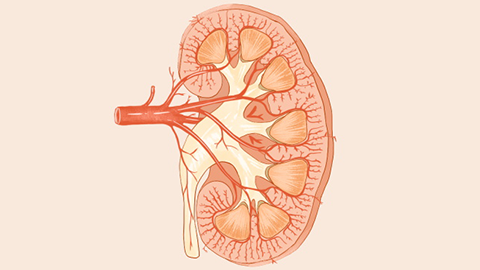Is renal insufficiency very serious?
Generally, the severity of renal insufficiency needs to be determined based on the specific medical condition. It is usually not considered severe if detected early and actively intervened; however, it becomes more severe if it progresses to an advanced stage. Detailed analysis is as follows:

In the early stages of renal insufficiency, kidney damage is mild and the glomerular filtration rate does not decrease significantly. Symptoms may include slight fatigue and increased nocturnal urination. At this stage, timely identification of the cause and interventions such as controlling blood pressure and blood glucose levels, and adjusting dietary habits can effectively delay disease progression, maintain kidney function, and have minimal impact on daily life.
When renal insufficiency progresses to its advanced stages, kidney function deteriorates severely, and the glomerular filtration rate drops significantly. Symptoms may include edema, anemia, and electrolyte disturbances, potentially progressing to uremia. At this stage, patients often rely on dialysis or kidney transplantation to sustain life. The treatment is challenging and significantly affects quality of life, representing a more severe condition.
To manage renal insufficiency, individuals should undergo regular kidney function examinations for early detection and intervention, strictly adhere to a low-salt, low-protein diet to reduce the burden on the kidneys, and avoid using nephrotoxic drugs to protect residual kidney function.







